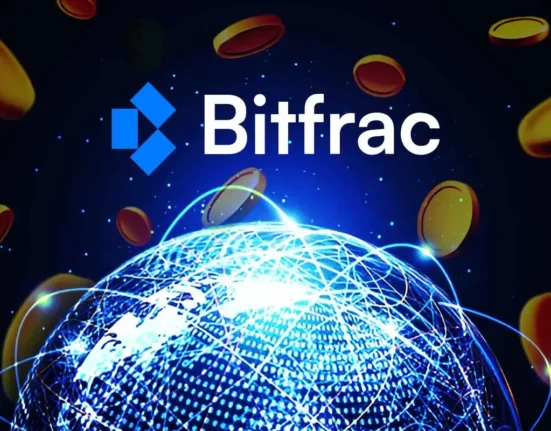
Image source: Getty Images
After a 57% decline over the last five years, Intel (NASDAQ:INTC) stock’s trading at around $19.50. That’s close to the company’s tangible book value, which makes the shares look incredibly cheap.
At that level, it might seem like investors can’t lose. But I think there’s much more to this than initially meets the eye.
Tangible book value
A firm’s tangible book value’s what its equity’s worth after subtracting its intangible assets (like intellectual property) and all of its liabilities. And it can be an important metric.
In theory, this amount is what could be raised by liquidating the company’s assets and paying off its debts. When a stock trades below this level, it might therefore look as though investors can’t lose.
Barron’s estimates the tangible book value of Intel to be around $19.50 per share. I have that number closer to $19.15, but the difference probably doesn’t matter too much.
Either way, the Intel share price is currently very close to its tangible book value. That makes it look like it’s in deep value territory. But there are two big reasons I don’t think this is obviously the case.
Depreciation
One is that I’m not sure how accurately Intel’s accounting reflects the true value of its tangible assets. That’s because the company’s recently changed its approach to depreciation.
When a business invests in equipment or machinery, this appears on its balance sheet as an asset. The value of this reduces to zero over time as it reaches the end of its useful life. This is depreciation.
Since the start of 2023 though, Intel’s increased its estimate of the useful life of some of its machinery. As a result, it’s depreciating the book value of those assets slower than before.
I don’t know whether or not that’s justified. But it raises the possibility for me that the book value of the company’s assets might be higher than what the firm could realise by selling them.
Liquidation
Additionally, I don’t think Intel’s going to sell off its assets any time soon. The firm isn’t going bankrupt and that means it’s more likely to use them to keep designing and manufacturing chips.
This makes investors unlikely to receive a cash payout above the current share price due to the stock trading below its tangible book value. And if the firm did go bankrupt, I still doubt this would happen.
When a business is in distress, it’s rarely able to realise the full value of its assets besides cash. Taking advantage of this has been an important part of billionaire investor Warren Buffett’s success with Berkshire Hathaway.
Even if Intel’s approach to depreciation accurately reflects the economic value of its assets, I doubt this is what they would sell for in a bankruptcy. That means the protection for shareholders is limited.
Is the stock too cheap to ignore?
It’s rare to find anything other than a bank trading below the value of its tangible assets. And Intel’s share price has certainly struggled due to the company’s mistakes.
With the firm outspending its rivals I wouldn’t rule out a recovery. But I’m doubtful that there’s safety in the stock trading below tangible book value and I think there are better opportunities elsewhere.







